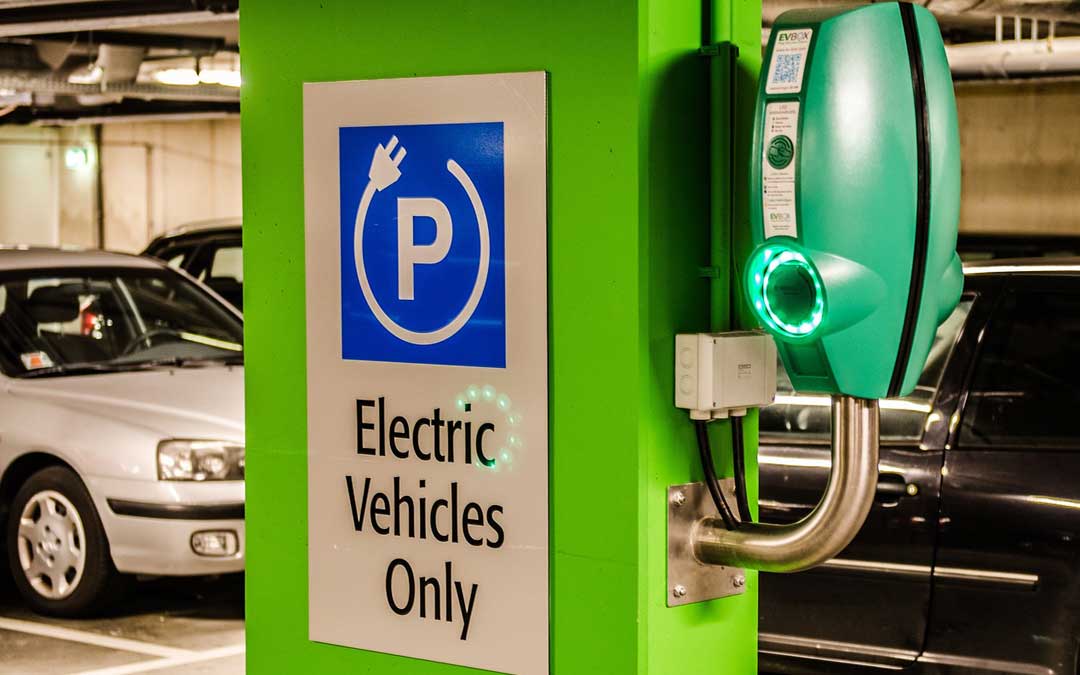EV charging in multi-residential developments

In my previous article, ‘Supporting the change to electric vehicles‘, I discussed the possibility of including in council building regulations a requirement for new developments to include electric vehicle charging infrastructure. I have been in contact with Banyule City Council in the meantime to understand how this issue is being dealt with in Banyule.
It is clear that EVs will increasingly replace ICE (Internal Combustion Engine) vehicles over the next few years. It is now well understood that replacing petrol and diesel vehicles with electric vehicles will greatly assist in reducing CO2 and lowering local pollution.
To encourage the adoption of EVs, the ability to charge the vehicles at home is essential, especially for drivers who will not have the time to stop at a public charging station during their work day. With increasing numbers of people living in high density developments in Banyule, effective charging infrastructure is needed in new developments.
As noted in a number of publications, (eg Scientific American) lower income drivers often live in multi-unit dwellings, so a lack of charging points in these developments will be a strong disincentive to them taking up EV ownership, even as prices of EVs come down. EVs are far cheaper to run than ICE vehicles, so there is a social justice issue here, potentially locking lower-income drivers into older, and eventually more costly, fossil fuel vehicles.
Retrofitting charging infrastructure into existing buildings is a costly exercise, with one estimate being $75,000 for an apartment with 20 vehicle spaces.
There is also the challenge of having an Owners’ Corporation approve works to install chargers in an existing building, which can be a complicated and difficult job, even for those who are used to dealing with these entities.
The Banyule Planning Scheme requires sustainable development in the design, construction and operation of multi-dwelling developments. As part of the assessment of new developments, provision for EV charging infrastructure and provision for bicycles are measures which can be included in the design, but are not mandatory.
As EVs are increasingly used by residents, one of the best ways for Banyule City Council to support this positive evolution would be to require all new developments to have a substantial proportion of parking spaces with EV charging installed during building. At the same time, recognising the growth in electric bike use and the contribution they make reducing traffic congestion and pollution, new developments should provide secure parking and charging for e-bikes.
Written by Paul Gale-Baker
